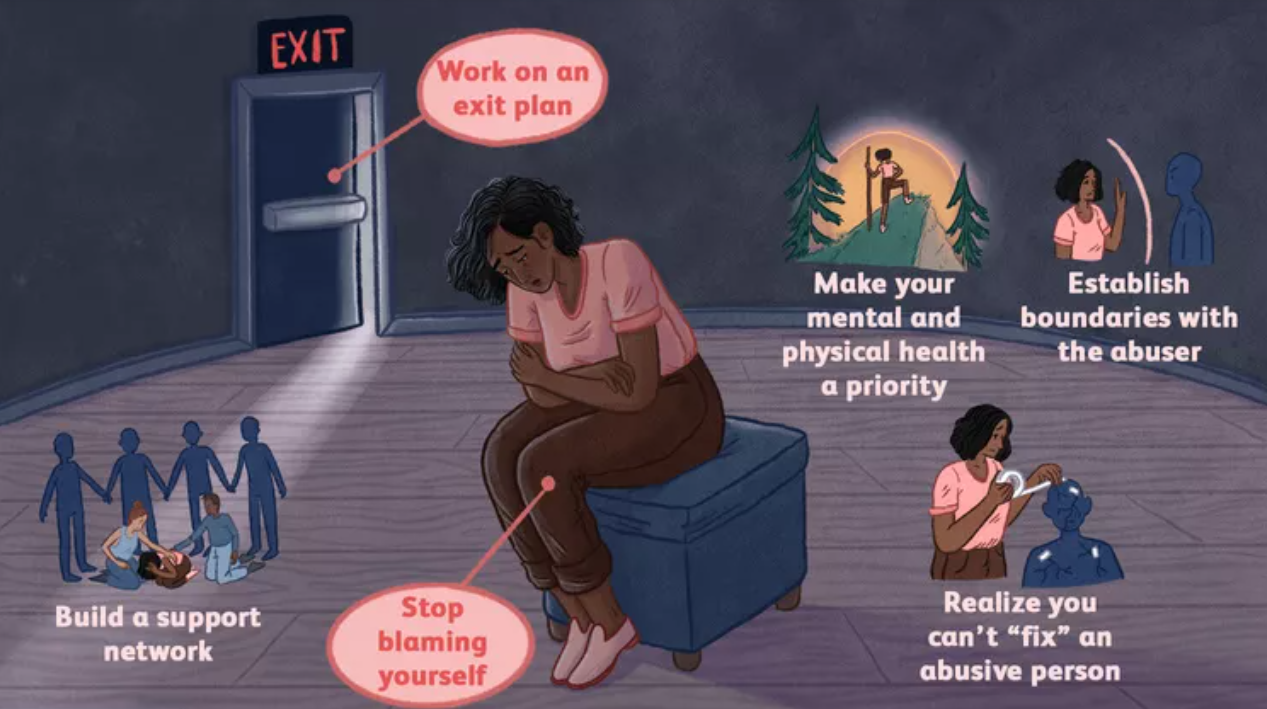Emotional abuse, as defined in psychology, refers to a pattern of behavior that harms an individual’s emotional well-being and sense of self-worth. It involves manipulation, control, and degradation, causing lasting psychological damage. Verbal abuse, controlling behaviors, gas lighting, withholding affection and intimacy as punishment to gain emotional control are all example of verbal abuse. By creating suffocating environment emotional abuse leaves the victim questioning their own sanity and judgment are a few ways to emotionally abuse someone.
Not only does emotional abuse leave invisible scars impacting a person’s self-esteem, confidence, and ability to trust others it can also lead to anxiety, depression, and even post-traumatic stress disorder. The insidious nature of emotional abuse makes it particularly challenging to recognize and escape. Victims often blame themselves, isolate themselves, and suffer in silence.
The long-term effects of emotional abuse can be profound, impacting every aspect of a person’s life, including their relationships, career, and overall well-being.
If you are experiencing emotional abuse, it is important to reach out for help. There are many resources available, including hotlines, support groups, and therapy. Remember, you are not alone. There are people who care about you and want to help you escape this harmful situation.

